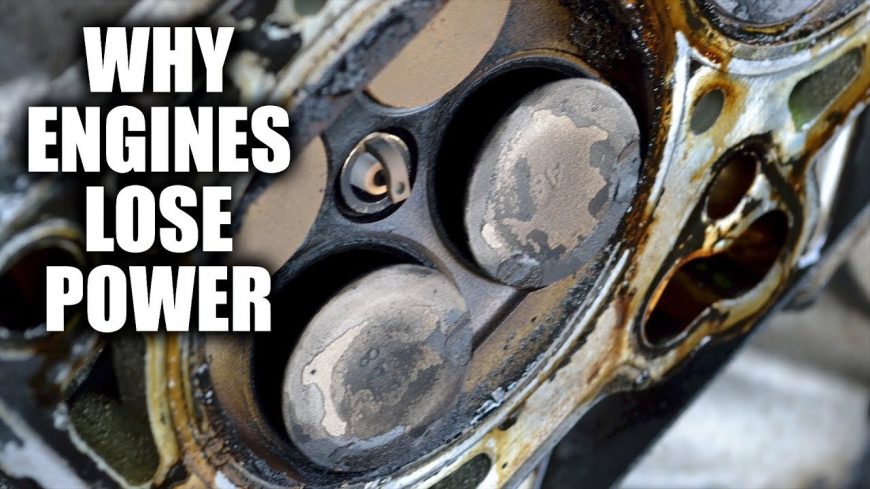10 Reasons Why Engines Lose Power Over Time, What You Can Do

When you buy a brand-new car, it will probably be full of life and pep. Since everything under the hood is so tight and fresh, it can really provide some of the best driving experiences that the car will see over its lifetime. However, as time goes on, it could seem like the car is losing a little bit of power. No, it might not be just the fact that you’re getting used to driving it, the machine that you’re behind the wheel of might actually be losing real power but that isn’t to say that you have to stand by and just watch it happen as a spectator. You can hop to action to make sure that your car is powerful as it has the potential to be for as long as it can be.

This time, we ride along with the guys over Engineering Explained as we take a look inside of some of the systems that your car has in place that might be contributing to that lack of power that has been developed over the car’s lifecycle. If you pick up a used vehicle or it’s been a while since you’ve paid close attention to your ride in the driveway, you might want to go out and check on a couple of these things to make sure that they are up to par. Some of them are even pretty easy to do with just some basic tools and a couple of minutes of your time.

In addition to losing power, many of these factors can contribute to losing fuel economy as well because, most of time, these two concepts go hand in hand. If you follow along in the video below, you might be able to pick up some quick tips that will allow you to make the most out of your driving experience with your personal vehicle. Be sure to tell us if you can think of any other factors that you have seen contribute to losing power in your own ride.

